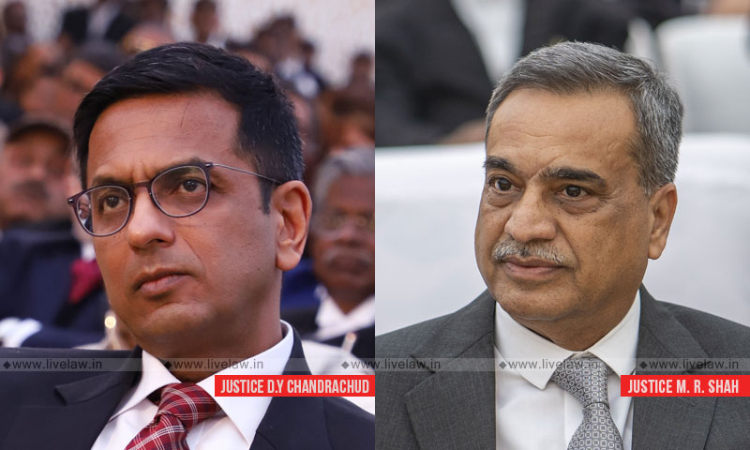The Supreme Court has held that Section 10A of the Insolvency and Bankruptcy Code barred filing of applications for the commencement of the CIRP in respect of a corporate debtor for a default occurring on or after 25 March 2020, even if such application was filed before 5 June 2020 (the date on which the amendment came into force).The bench comprising Justices DY Chandrachud and MR Shah...

